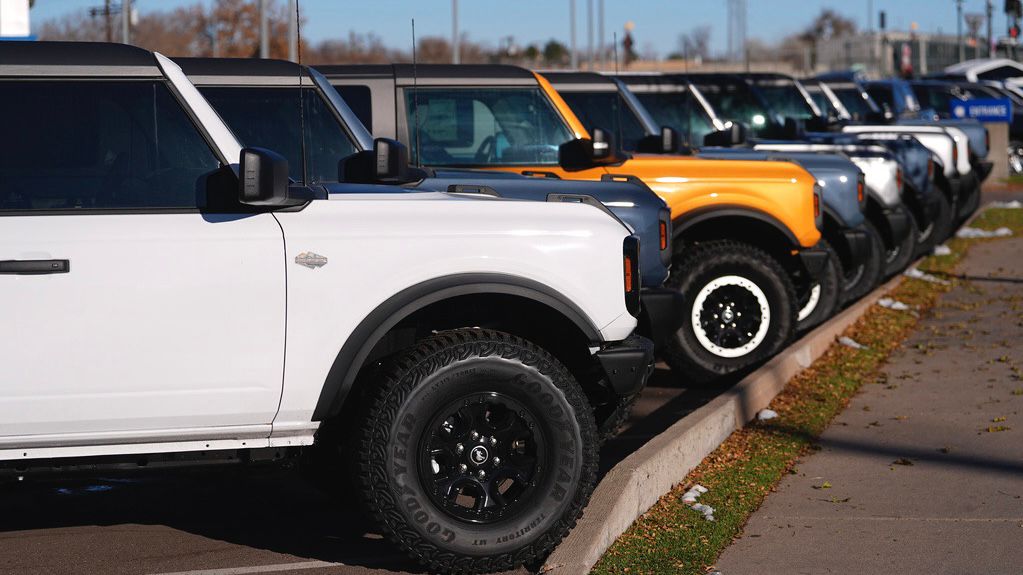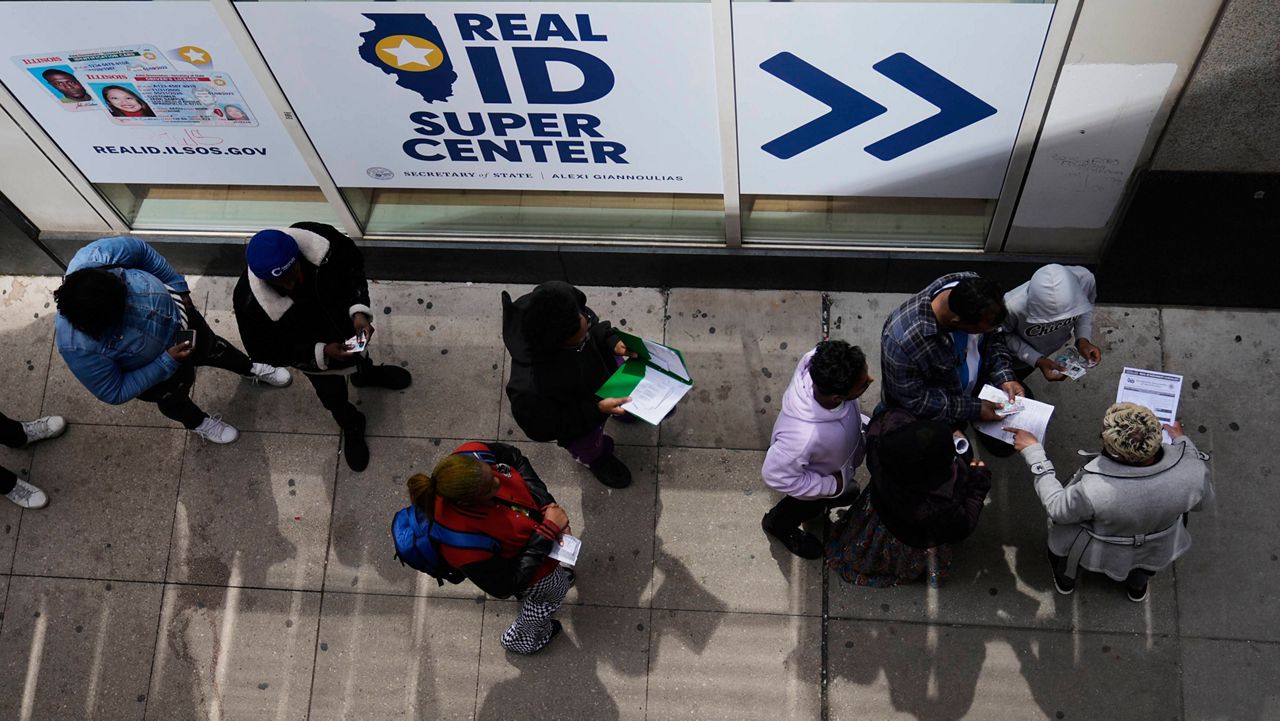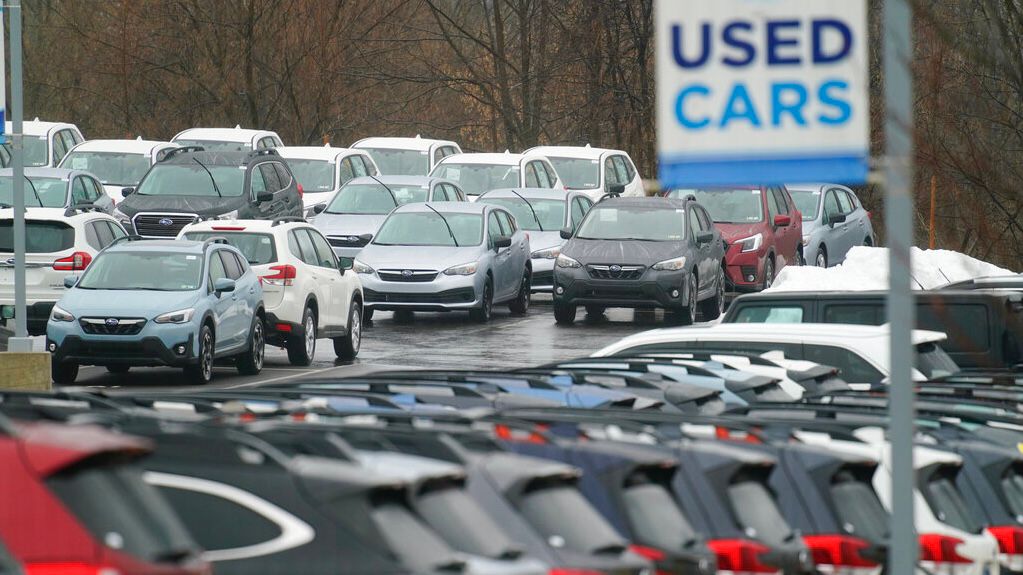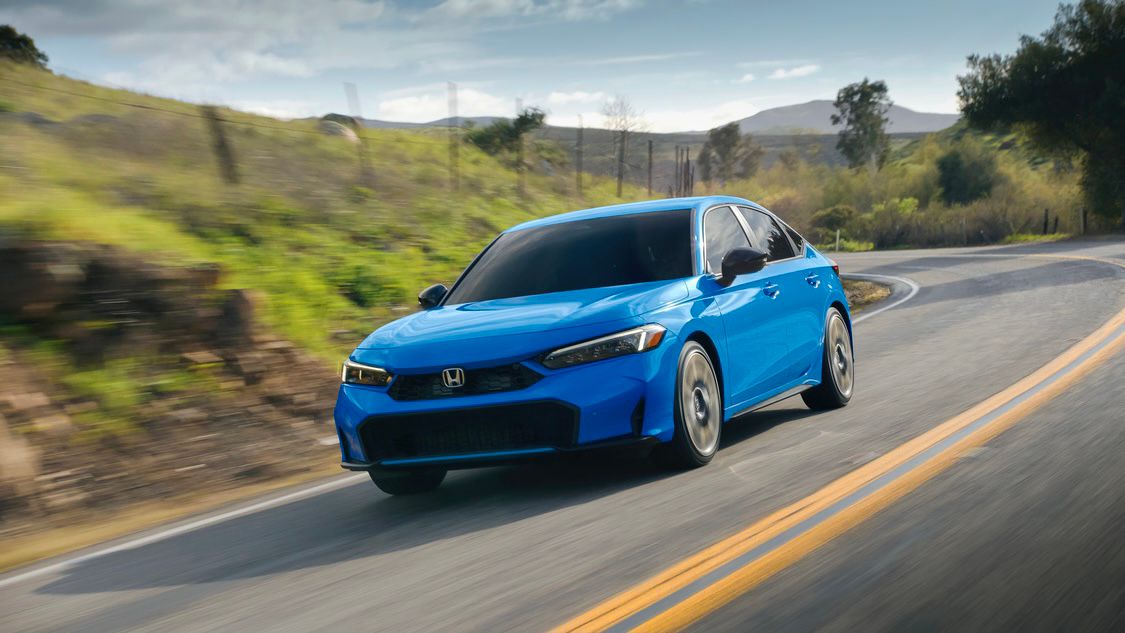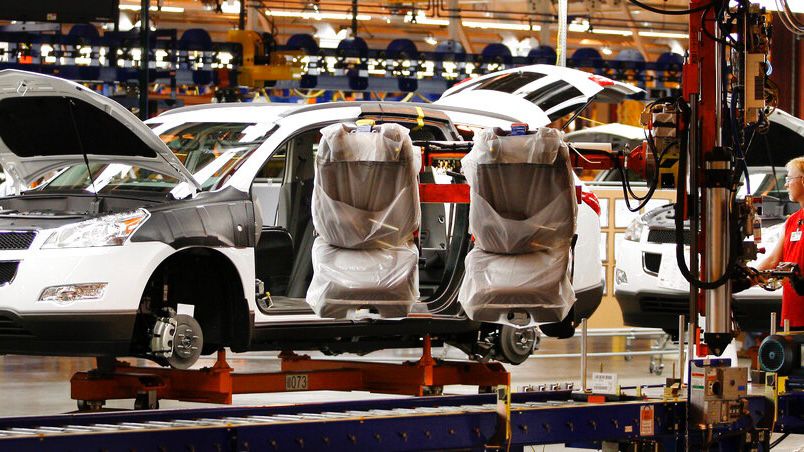New car purchases are back to pre-pandemic levels, with sales through the end of the year expected to reach 16.5 million for the first time since 2019. Next year is also likely to be solid for sales, as lower interest rates improve customers' access to credit and more vehicle inventory contributes to lower prices, according to the 2025 Cox Auto market forecast.
“The risks are all related to policy shifts,” Cox Auto Chief Economist Jonathan Smoke said Tuesday during a briefing about the incoming Trump administration's possible effects on the industry.
With 34 days until President-elect Donald Trump is inaugurated, Smoke cited a possible new bill to lock in the tax cuts Trump enacted during his first term, as well as a possible elimination of the Biden administration’s Inflation Reduction Act that has enabled electric car buyers to receive a $7,500 tax credit on their purchases.
Trump has said he plans to roll back most, if not all, of President Joe Biden’s electric vehicle subsidies and incentives. That could mean a reduction in fuel efficiency standards and tailpipe emission targets and an end to the Environmental Protection Agency waiver that allows California to set fuel economy standards that are stricter than the federal government's and drive advancements in zero-emission technology.
During a second Trump term, immigration could be restricted and deportations could shrink the labor supply. Tariffs could also be enacted on U.S. automakers’ most important free trade partners — Mexico and Canada — a move that would be a “radical disruption” that would “completely freeze up the market” and send new and used vehicle prices higher overnight, Smoke said.
While none of the policy changes have to happen, if they do, they will take time to come to fruition, Smoke said.
Smoke said it’s possible Trump’s tariff threats are mere rhetoric, as they were in 2018 when he tore up the North American Free Trade Agreement and replaced it with the U.S.-Mexico-Canada Agreement.
What’s more certain is that Trump will try to change the Inflation Reduction Act and eliminate the federal tax credit for electric vehicles. If that happens, it isn’t likely to be until the second half of 2025 because it would require legislation.
The tax credit has been very effective in increasing the sale of electric and hybrid vehicles, which in the third quarter of 2024 made up 20% of the new vehicle market nationally. About 8% of new vehicle sales are currently all electric — a record.
Federal regulations for fuel efficiency and tailpipe emissions will take time to play out. If the Trump administration rescinds California’s emissions waiver, Smoke expects a court case to tie it up in court for at least a couple years.




